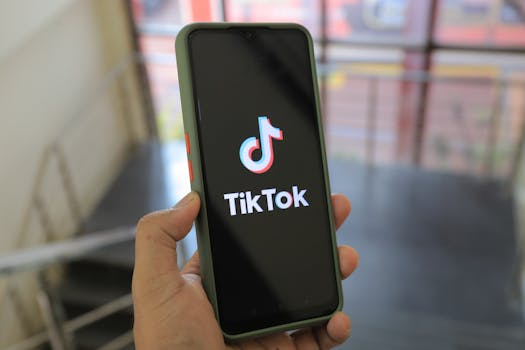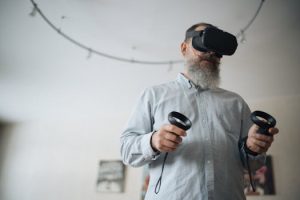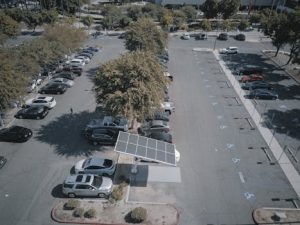Social media literacy for the TikTok generation
Welcome to the age of TikTok – the latest craze in social media that has taken the world by storm. With over 800 million active users worldwide, this video-sharing platform has captivated the attention of the younger generation like never before. And while it may seem like just another frivolous way to pass the time, the truth is that TikTok has a profound impact on the way we consume and interact with content, making it more important than ever for the TikTok generation to have a strong understanding of social media literacy.
What is social media literacy?
Social media literacy, in simple terms, refers to the ability to critically evaluate and navigate social media platforms. It involves being able to recognize the role of social media in our lives, understanding how it affects our behavior and thoughts, and being able to use it in a responsible and meaningful way.
In today’s digital era, where social media has become an integral part of our daily lives, social media literacy has become more important than ever. And for the TikTok generation, who have grown up in a social media-dominated world, it is crucial to develop the necessary skills to make informed decisions about their online presence.
The impact of TikTok on social media literacy
When it comes to social media platforms, TikTok is unique in its ability to create viral trends and challenges that spread like wildfire. From dance routines to lip-syncing videos, this app provides a fun way for users to express themselves and connect with others. However, this level of engagement also brings along with it a whole new set of challenges when it comes to social media literacy.
TikTok’s algorithm is designed to keep users engaged for as long as possible, often leading to mindless scrolling and consumption of content that may not be suitable for their age or maturity level. This makes it crucial for the TikTok generation to have a strong sense of critical thinking and media literacy to filter out harmful content and have a healthy relationship with the app.
How to develop social media literacy for the TikTok generation
1. Educate yourself about online safety
In the era of digital privacy and identity theft, it is essential to educate oneself about online safety measures. The TikTok generation must understand the risks associated with sharing personal information, interacting with strangers, and participating in viral challenges. Parents and teachers should also engage in open and honest conversations with young users, emphasizing the importance of privacy and consent in online interactions.
2. Understand the impact of social media on mental health
Social media can have a significant impact on our mental and emotional well-being. With endless scrolling and constant comparisons, it is easy for young users to fall into the trap of social media addiction and low self-esteem. Therefore, it is vital to understand the impact of social media on mental health and learn healthy habits to maintain a positive online presence.
3. Be critical of the content you consume
TikTok is full of entertaining and addictive content, but not all of it is credible or appropriate. The TikTok generation must learn to question the authenticity of the information they come across and fact-check before believing and sharing it. This critical thinking skill will help them separate fact from fiction and make more informed decisions on social media.
4. Use social media for positive impact
While social media can have its downsides, it also has the power to bring about positive change. The TikTok generation must learn to use their voice and influence on the app for spreading awareness about social issues, advocating for causes, and fostering unity. This will not only empower them but also help create a better digital world.
The bottom line
As the popularity of TikTok continues to soar, it is crucial for the TikTok generation to develop strong social media literacy skills. By becoming more aware and responsible about their online presence, they can use the platform as a tool for self-expression, connection, and positive change in the world.
Remember, social media is a powerful tool, and it is up to us, the users, to use it wisely and responsibly. Let’s strive to become a more socially savvy generation, armed with the skills to navigate the ever-changing digital landscape with confidence.









